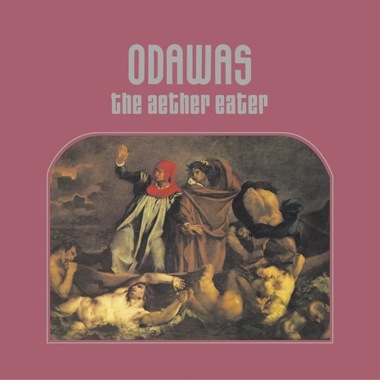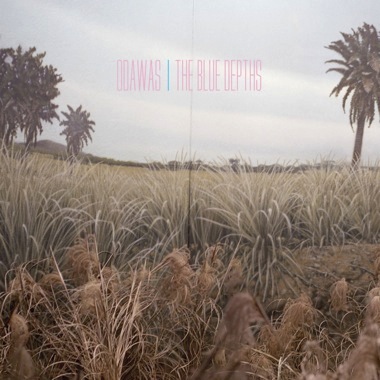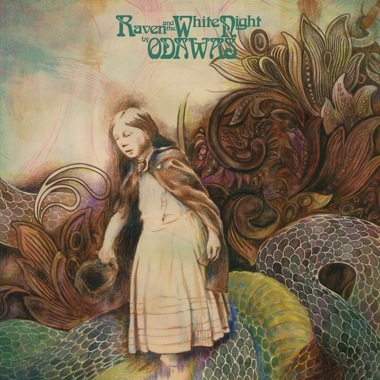
Through the hollow vision of centuries of reputable texts and celebrated celebrity and American pulp fiction, journeys have always been epic. Those few brave men who saw the face of an obstacle and imagined a way to defeat it, successful or not, always did the best they could — whether it was Dante’s guided courage through the damned or Lou Gehrig’s peaceful stoicism while caught in the whims of unnamed, drat disease. But what of those who find themselves amidst the most remarkable of surroundings and find within themselves the most unremarkable of emotions? And so ODAWAS mine these territories in “The Aether Eater”. They curse grave-inducing courage to cling to life and the true unknown regions of the decaying human body. For those who built the pyramids, dogged work was still dogged work. And the sufficiently placed astronaut must gaze at the wonders of the abyss and yawn. The Aether Eater is a sort of conventional journey. It has a beginning, an end, and an epochal disposition. It takes a Camus-type anti-hero and hurtles him into space to watch him mock and finally humble himself before it (but of course, in the most discrete way possible). Classical speaking does become a bit awkward amongst “Art Bell/sci-fi” fiction, though, and more often than not we choose to not speak at all. Instead, we let the soundscapes do all the pondering for us. Odawas are nicking all over the place: from Randy Newman’s plain-spoken grandeur or Beach Boy story-telling or Angelo Badalamanti’s cheesy romanticism or Charles Ives’ avant-garde ear or Art Garfunkel’s “presence-of-a-blue-whale” harmonies. But at last, we believe in such things and the bible verse that told us nothing is new as long as it is under a sun. Michael Stewart, Piano Man producer, once told his son Jamie that you could never go too far over the top. Sound advice for sure. And we choose to possibly abuse it.


